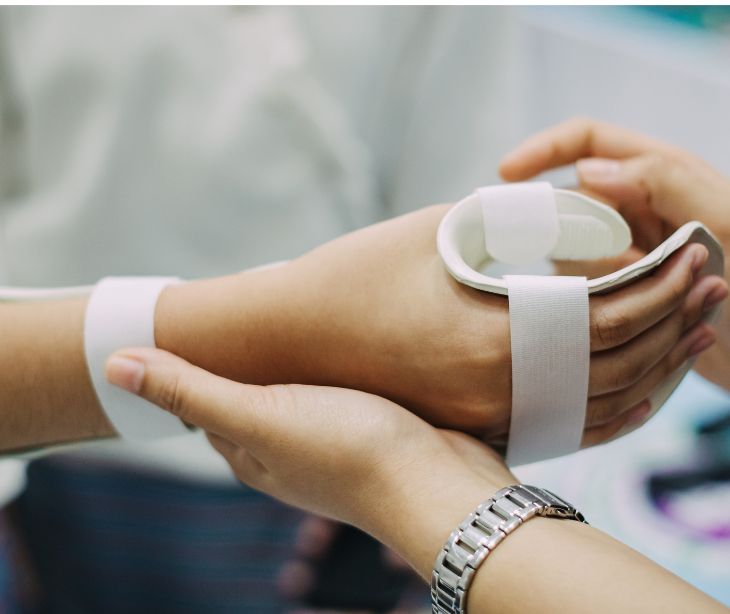2 min read
Do occupational health workers need to be HIPAA compliant?
Tshedimoso Makhene
December 28, 2023

Occupational health workers must be HIPAA compliant when handling protected health information. HIPAA compliance ensures that occupational health workers prioritize protecting patients' rights and ensuring the confidentiality of their health data.
Scope of occupational health workers
Occupational health workers, including nurses, physicians, and other healthcare professionals, are responsible for managing employees' health within the workplace. This involves dealing with a range of health-related information, from pre-employment screenings to injury reports and medical surveillance. As such, the information these professionals handle often falls under protected health information, or PHI.
See also: The 6 areas of public health
Why HIPAA compliance matters for occupational health workers
Employees rely on occupational health services, expecting their health information to remain private and secure. Non-compliance can result in severe consequences, including legal penalties. HIPAA compliance instills a culture of accountability and responsibility among occupational health workers. By following these regulations, they demonstrate their commitment to maintaining the highest patient care and data protection standards.
Go deeper:
How can occupational health workers ensure HIPAA compliance?
Under HIPAA, occupational health workers must adhere to stringent guidelines to ensure the confidentiality, integrity, and security of PHI. Compliance involves several key aspects:
- Training and awareness: Occupational health workers must receive comprehensive training on HIPAA regulations to understand the significance of patient privacy and the proper handling of health information. This training encompasses handling electronic health records (EHRs), controlling access to PHI, and maintaining confidentiality.
- PHI security: Ensuring the protection of PHI requires implementing dependable measures such as encrypting electronic records, securely transmitting data, limiting access only to authorized personnel, and utilizing secure storage systems that prohibit any unauthorized disclosure or breaches.
- Patient consent and authorization: Occupational health workers must have explicit patient consent or authorization before disclosing any PHI to third parties. This applies to sharing information with employers, insurance companies, or other healthcare providers involved in an employee's care.
- HIPAA documentation and compliance reports: Maintaining documentation to demonstrate HIPAA compliance requires implementing policies, procedures, risk assessments, and incident response plans. Regular audits and compliance reports help identify areas for improvement and ensure adherence to HIPAA standards.
Learn more: HIPAA Compliant Email: The Definitive Guide
HIPAA compliance in action
Pre-employment health screenings
Occupational health workers often conduct pre-employment health screenings to assess the fitness of candidates for specific roles. These screenings may involve a review of medical history, physical examinations, and laboratory tests. HIPAA compliance ensures that this sensitive information remains confidential and is shared only with authorized personnel involved in the hiring process.
Injury and illness reporting
When an employee experiences a work-related injury or illness, occupational health professionals play a crucial role in documenting and managing these incidents. This information is considered PHI and must be handled carefully to protect the affected individual's privacy.
Medical surveillance programs
In industries where exposure to hazardous substances is common, occupational health workers may implement medical surveillance programs to monitor the health of employees. HIPAA compliance ensures that the results of these surveillance programs are treated with confidentiality, respecting the privacy of individuals undergoing monitoring.
Subscribe to Paubox Weekly
Every Friday we bring you the most important news from Paubox. Our aim is to make you smarter, faster.




